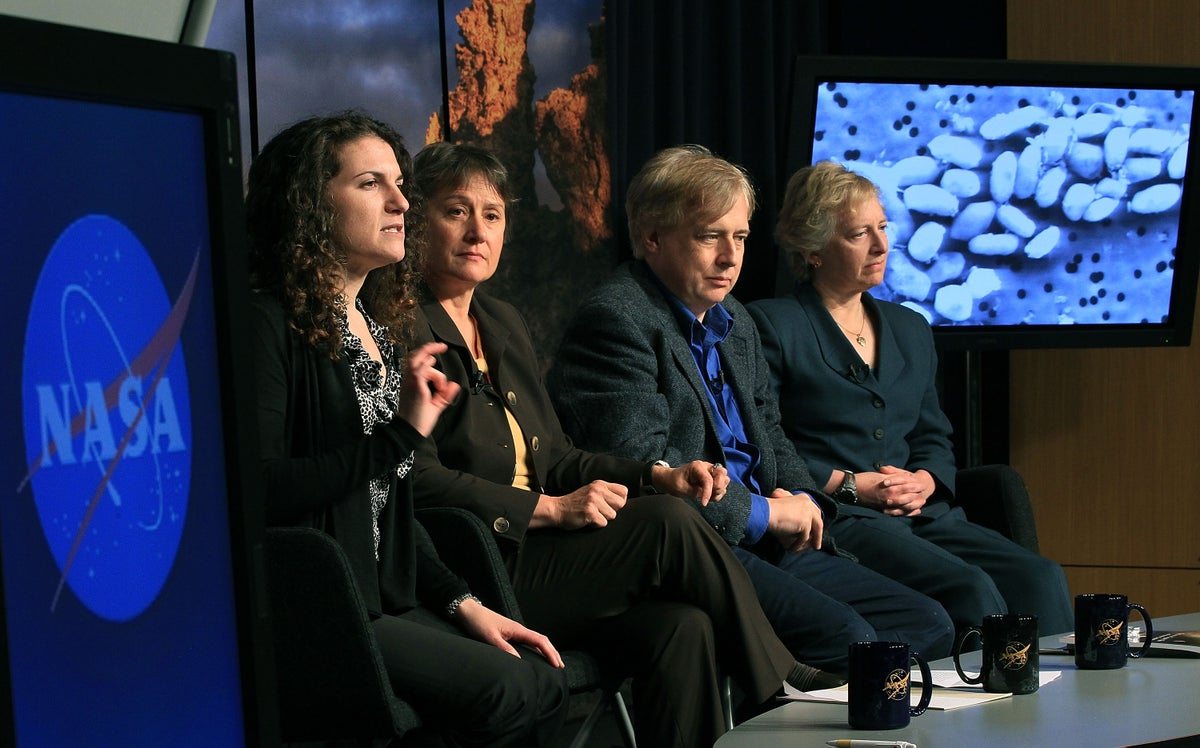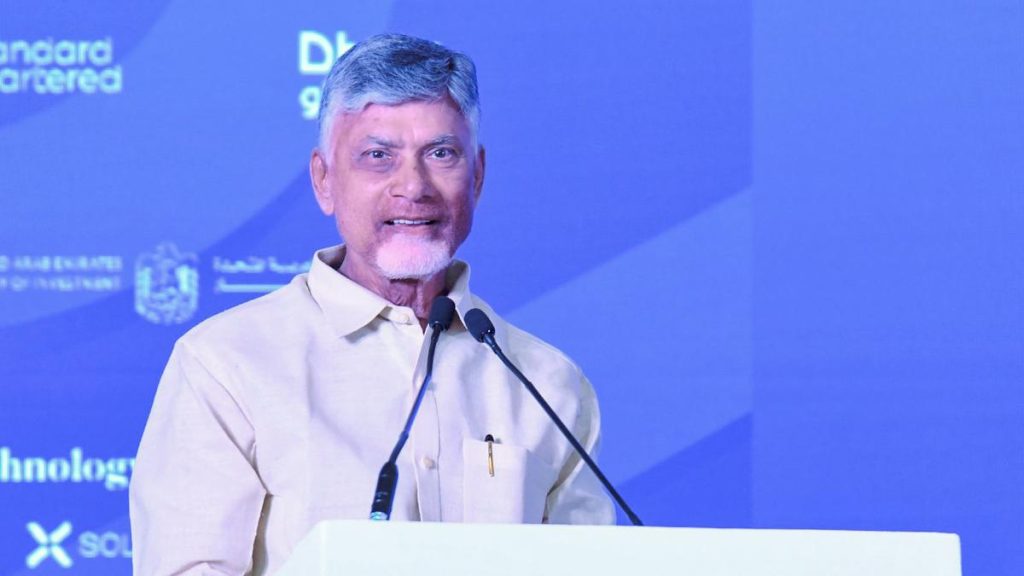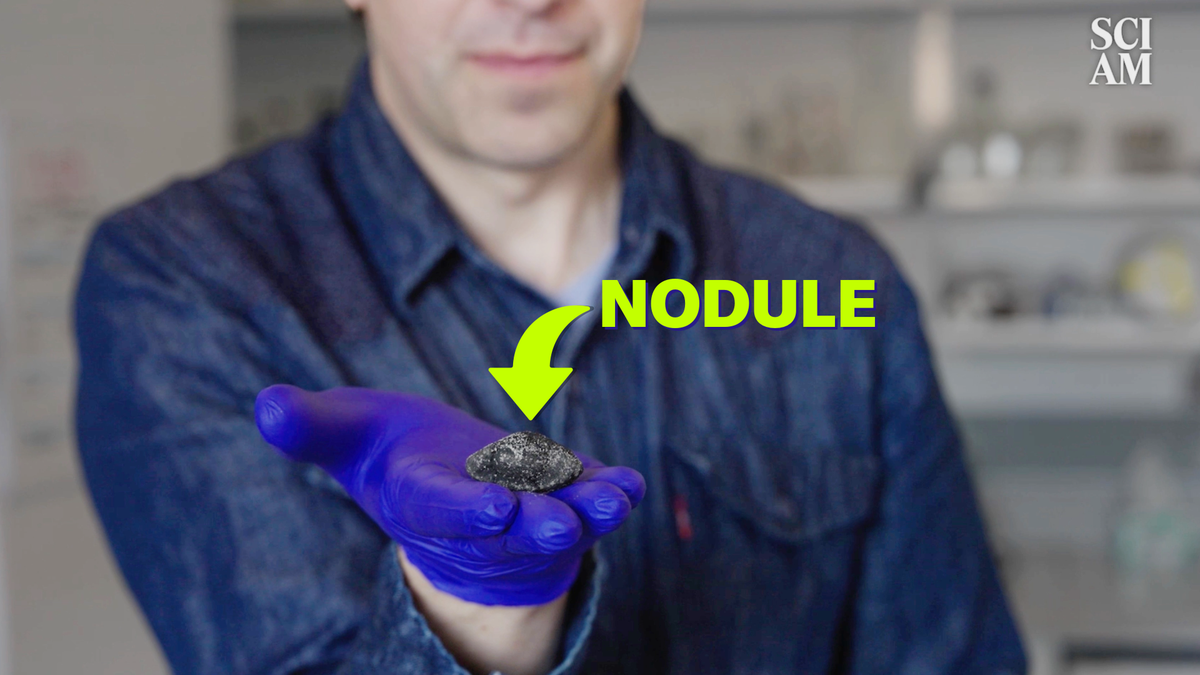Now Reading: Controversial ‘Arsenic Life’ Study Retracted after 15 Years
-
01
Controversial ‘Arsenic Life’ Study Retracted after 15 Years
Controversial ‘Arsenic Life’ Study Retracted after 15 Years

Quick Summary
- A controversial 2010 study claiming a bacterium from California’s Mono Lake could live off arsenic has been retracted by Science journal after 15 years.
- the study initially received significant attention due too its implications for astrobiology and early acclaim for researcher Felisa Wolfe-Simon.
- Later critiques suggested the bacterium, dubbed GFAJ-1, did not rely on arsenic but instead sequestered it internally.Findings indicated contamination in earlier experimental data.
- The journal cited updated standards allowing retraction of papers with flawed conclusions, even if no fraud or misconduct occurred.
- Authors protested the decision as vague and unscientific; some experts agreed with the retraction while others warned against setting harmful precedence for scientific debate and inquiry.
!Felisa Wolfe-Simon at NASA Panel
Felisa Wolfe-Simon speaks during a news conference at NASA Headquarters in December 2010.
Image Credit: Mark Wilson/Getty Images
Indian Opinion Analysis
The GFAJ-1 microbe study saga sheds light on broader issues within scientific research, particularly how findings are communicated and critiqued globally. while debates like these may seem distant from India’s immediate context, they hold relevance for national aspirations in science and technology development.India is increasingly asserting itself in global research initiatives such as astrobiology (e.g., ISRO’s Mars missions), which requires rigorous peer review frameworks to ensure credibility when presenting groundbreaking claims.
Moreover, the incident highlights challenges posed by media sensationalism surrounding “big” discoveries – an crucial lesson for Indian institutions as they enter international collaborative spaces where scrutiny is high. Encouraging open scientific dialogue over high-profile research can strengthen India’s reputation as both a participant and leader in frontier sciences.
India’s growing focus on STEM education should also include lessons from cases like this – balancing ambition with critical thinking skills essential to safeguarding integrity in academic contributions nationally and internationally.

























